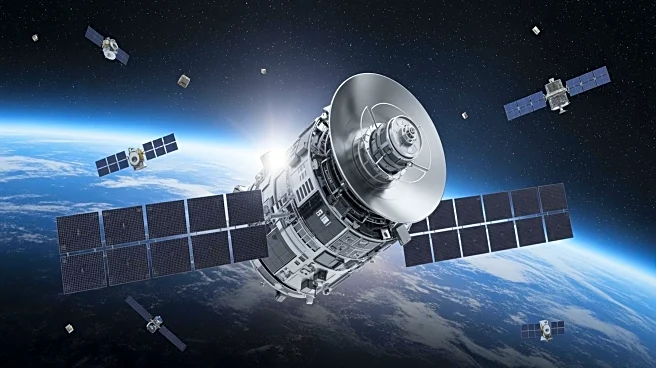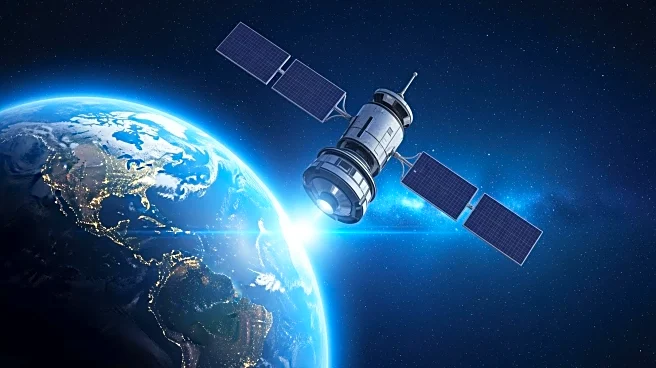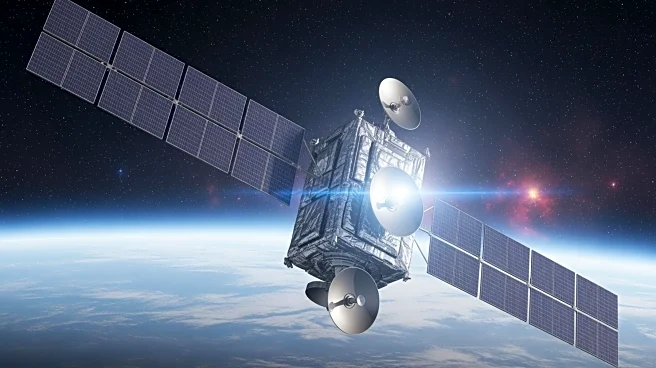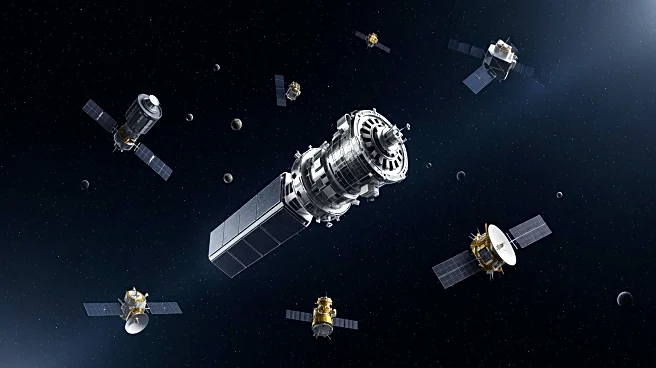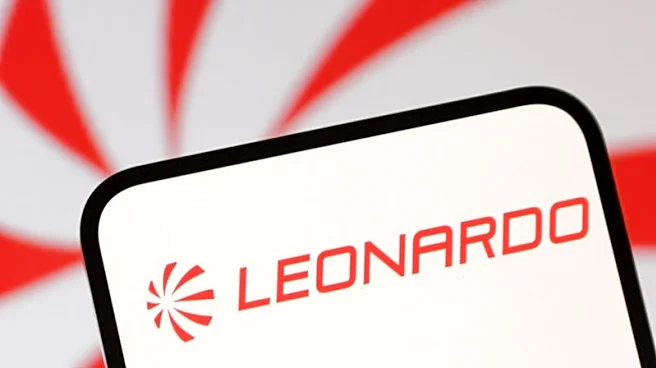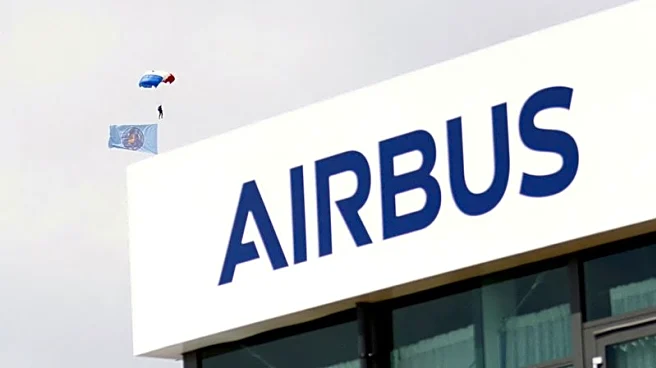What's Happening?
Airbus, Leonardo, and Thales have announced plans to merge certain space operations into a new satellite venture, set to launch in 2027. This decision follows extensive discussions aimed at consolidating
satellite manufacturing to address significant changes in the market. Airbus will hold a 35% stake in the new entity, while Leonardo and Thales will each hold 32.5%. The venture will integrate Airbus' Space Systems and Space Digital operations, Leonardo's Space Division, and Thales' holdings in Thales Alenia Space and Telespazio. The merger excludes space launch activities. The companies aim to achieve annual synergies valued at mid-triple-digit millions of euros within five years post-merger. The new business will employ 25,000 staff and is projected to generate sales of approximately €6.5 billion ($7.5 billion) based on 2024 figures.
Why It's Important?
The merger is significant as it represents a strategic move by European space companies to strengthen their position in a competitive global market, particularly against U.S. companies like SpaceX's Starlink. The consolidation aims to enhance operational efficiency and financial performance amid declining demand for large telecommunications satellites. By pooling resources and expertise, the companies expect to drive growth and innovation, potentially benefiting European governments and industries reliant on satellite technology. The merger also reflects a broader trend of consolidation in the aerospace sector, driven by the need to achieve economies of scale and maintain competitiveness.
What's Next?
The companies must navigate regulatory approvals, including antitrust considerations, which could impact the timeline for finalizing the merger. They will also need to consult with labor groups and manage the integration of their respective contributions. The success of the merger will depend on effectively achieving the projected synergies and addressing any competitive concerns raised by stakeholders. The venture's progress will be closely watched by industry analysts and competitors, as it could set a precedent for future consolidations in the space sector.


